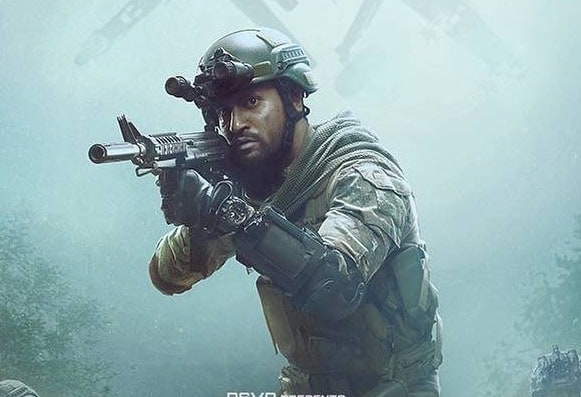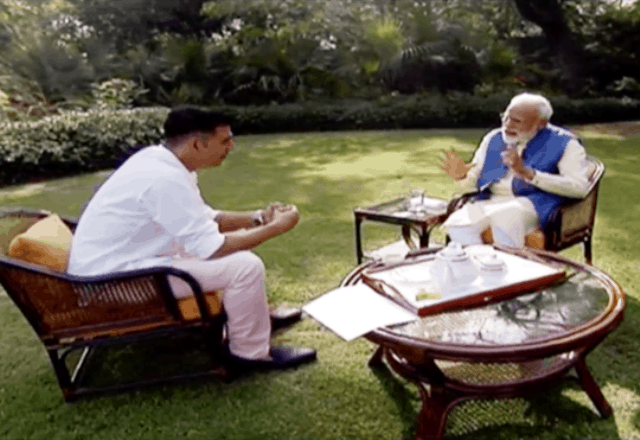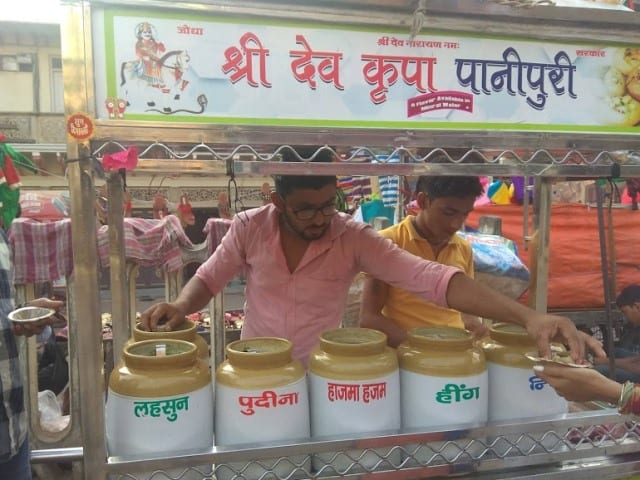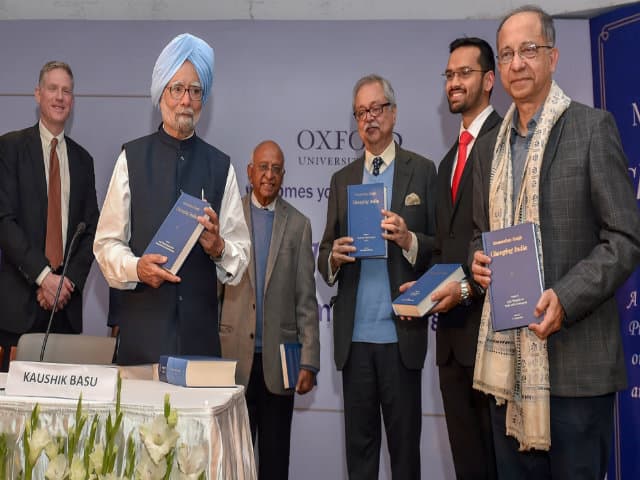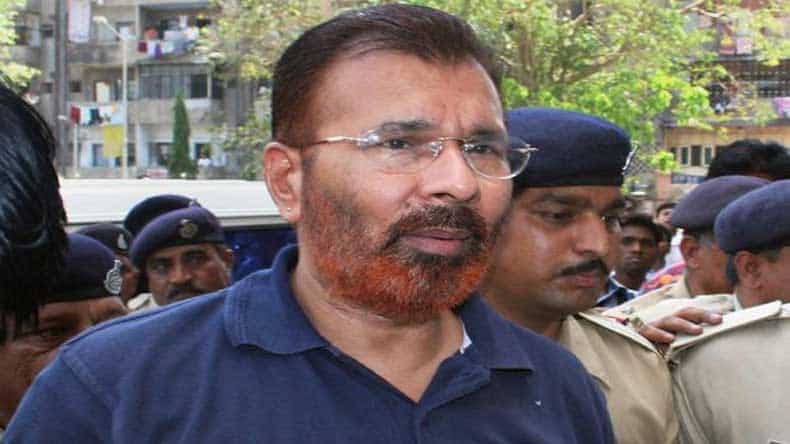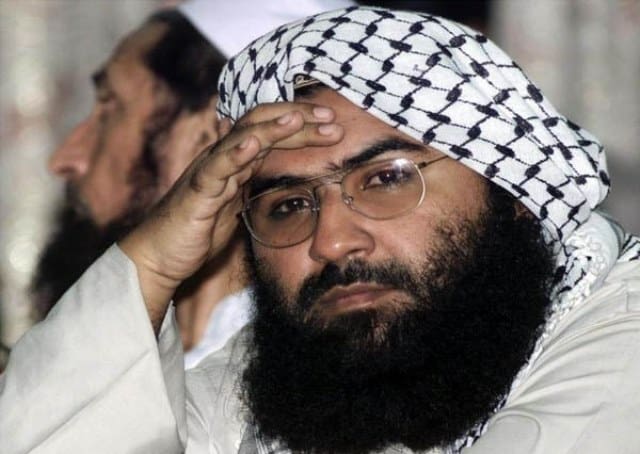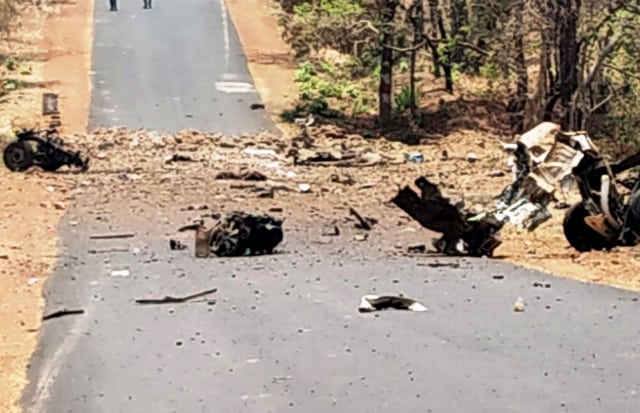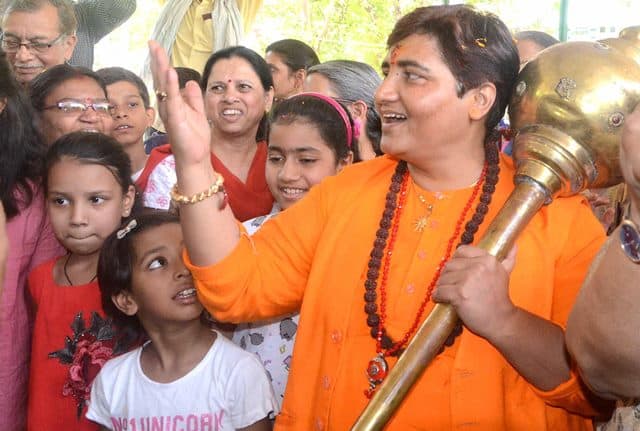Even
before Narendra Modi’s advent on the national scene, the media had lost
relevance to public life with its conversion from the Fourth Estate to a
private mint
There’s a bee in Prime Minister Narendra Modi’s
bonnet. His critics pillory him for not addressing a single press conference
since he took office in May 2014.
The buzz is getting louder as the Elections-2019 campaign enters its second-half. His principal rival, Congress President Rahul Gandhi, recently dared him to hold a PC.
Modi has responded with alacrity and
vehemence to Rahul’s many insinuations. But his silence on this remains
inexplicable. Critics call him, half-in-zest, the first premier who could enter
the Guinness Book of Records for failing to hold a PC.
His ‘non-political’ televised talk with
Bollywood actor Akshay Kumar was not his “first press conference” as initially
announced on April 26. Nor was it an interview despite the use of that format. Now,
it has re-charged an issue on which the media and Modi observers had all but
reconciled.
India’s 16th premier in 73 years shuns the traditional media. He has done away with office of the Information Advisor. No impromptu media interactions and nothing that is not pre-scheduled.
That he speaks only to those who fully agree
and don’t ask uncomfortable questions is a given. He shows silent contempt for the
rest – mainly the liberal lot who take their adversarial role too seriously. He
has steadfastly stuck to “if you are not with me, completely, you are against
me” stance. This is another given.
Yet, Modi remains hugely connected to his chosen audiences. He is world No. 3 on Twitter and No.1 on Facebook and Instagram. With his official page ‘liked’ by over 43.2 million people, Modi tops the list of 50 most-followed world leaders on Facebook. It’s puzzling how and when he finds time and energy to be on the social media.
He connects with people through “mann ki baat” on All India Radio each
month for the last four years. His Hindi oratory, the turn of phrase and
coining of new slogans help him communicate like no other premier before. His
penchant of talking about himself helps.
His media appearances have largely been
limited to his archetypal rallies, conferences and joint appearances with world
leaders whom he hugs. But a hug at home is a no-no.
Despite social media posts, broadcasts and
scripted TV interviews with selected TV channels, his communication remains
limited. There is a wide difference between mass media and media of masses.
He chooses the media; the media have no
choice. Bulk of them has fallen in line. Reporters and editors do not matter. An
ownership overhaul, direct or remote, has ensured his overwhelming presence. A friendly
TV anchor calls his not giving press conferences a “new paradigm of
communication.” Critics are mostly
marginalized to web sites.
He honed his media skills long ago. An ever-smiling
official at the New Delhi headquarters of the Bharatiya Janata Party (BJP),
Modi nurtured rapport with the BJP ‘beat’ media. Things changed when he became
the Gujarat chief minister in end-2001. He courted controversy within weeks with
sectarian violence under his watch. A thousand, mostly Muslims, were killed. The
Supreme Court’s strictures on his government’s handling embarrassed the Vajpayee
Government. Party hardliners saved him from being sacked.
That was India’s first televised violence.
Local media was divided, but the one from the national capital (hence labeled
“national media”) was intensely critical from where the global media took the
cue.
As chief minister, Modi was keen to shed the
‘communal’ baggage and mount the ‘development’ platform. He did so with fair
success, projecting the “Gujarat model”, despite criticism that made him a
pariah in the West.
Once a Supreme Court-appointed probe
cleared him, he doggedly shunned any questions and twice walked out of
interviews when questioned about those riots. He never regretted his role and
once compared riot victims as “puppies coming under a speeding vehicle.”
His silent war with the media continues. Yet,
obvious, even if ironical, has happened since became the PM. The very media he
shuns spend millions to report him. Media junkets, particularly the foreign
ones that had become the norm since the 1970s, are passé.
Why recall these details that are unsavory
to all? The government-media relationship seems unlikely to change, no matter
who wins the elections. The era of ‘Comment is Free, but facts are sacred’, as
celebrated British journalist C P Scott once wrote, ended long ago.
The media lost relevance to public life
with its conversion from the Fourth Estate to private mint to print money for
owners. This was long before Modi’s advent on the national scene. As one who
can cause fear and distribute largess, he is certainly a big beneficiary.
Now, journalists who do not speak or write
agreeably are called ‘presstitutes’. At least two of Modi’s ministers have
publicly used that term. Social media troll has become everyday affair.
The media’s role and the respect journalists
enjoyed in the past are arguable, but not denied. One of the largest in the democratic
world, it has changed, for better or for worse.
Back to the press conference issue, since
one can’t return, one can at least recall better times. Jawaharlal Nehru held
press conferences annually and they were copiously published. Old timers recall
the mix of humour and argument. Relationship was adversarial, but due to
Nehru’s stature, also reverential.
Lal Bahadur Shastri galvanized the nation
during difficult war-times during his brief tenure. The media role was highly
supportive.
Indira Gandhi’s Vigyan Bhavan PCs, were
long-drawn, moderated by H Y Sharda Prasad, her Information Advisor. Haughty
when she chose to be, she rarely shunned the media.
Along with the Opposition, media critics
were imprisoned during the Emergency, when “watchdogs became lapdogs”, as
veteran L K Advani put it. Some Indira favourites wrote books lambasting her
when she lost office. But after she returned to power in 1980, they survived to
tell their stories.
“Why should I tell you? Then, my task will
fail,” was Morarji Desai’s ascerbic style. Media’s allergy to his advocacy
against alcohol was known. Typical of politicians of his era, he once dismissed
an inconvenient question by one Mr Thomas saying, “you are Doubting Thomas” and
one Mr Chakravarty was told, “you are from Bengal, then you must be a
communist.” His laughter, and laughter all around diluted severity of the snub.
Chaudhary Charan Singh expected
traditional obeisance from the media. He was once upset when told that journalists
rise only for the President. “At least, respect my age,” he chided. Newsmen
obliged.
Rajiv Gandhi spoke well when well briefed.
His inexperience showed when he dismissed his Foreign Secretary at his Vigyan
Bhavan PC. V P Singh was a media favourite, but his only PC as prime minister was
a disaster when he came late, did not apologise and then ran into very hostile
questions. Another media favourite, Chandra Shekhar’s tenure was just four
months, but he remained among the most accessible politicians.
P V Narasimha Rao’s silence was
mysterious. He would choose not to speak, but when he spoke little, softly and
with determination, it was effective.
H D Deve Gowda’s only PC had a Western
journalist asking a loaded question. “You have never seen a prime minister in
dhoti?” he quipped with a mix of anger and amusement. The only ex-premier
around, he shed tears at a PC recently.
His successor I K Gujral, known for his
measured diplomatic pronouncements, was ready Punjabi jhappi.
Manmohan Singh, a good communicator as
Economics teacher was heard with respect at conferences. His PCs, one in Egypt
and another back home, however, had officials scrambling for damage control. Derided
as “Maun Mohan Singh” by Modi, he took sweet revenge recently on the latter’s
silence on economic failures.
Assuming Modi wins a fresh mandate, an
avalanche of questions awaits him to deserve a PC. Will he? Won’t he?
The
writer can be reached at mahendraved07@gmail.com
]]>
